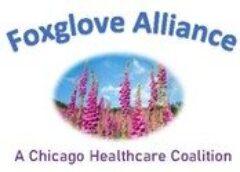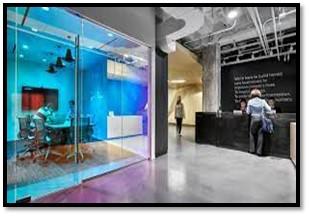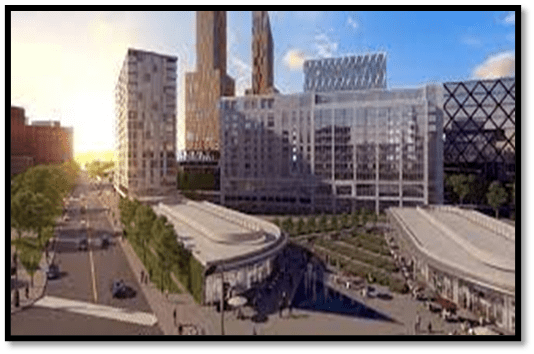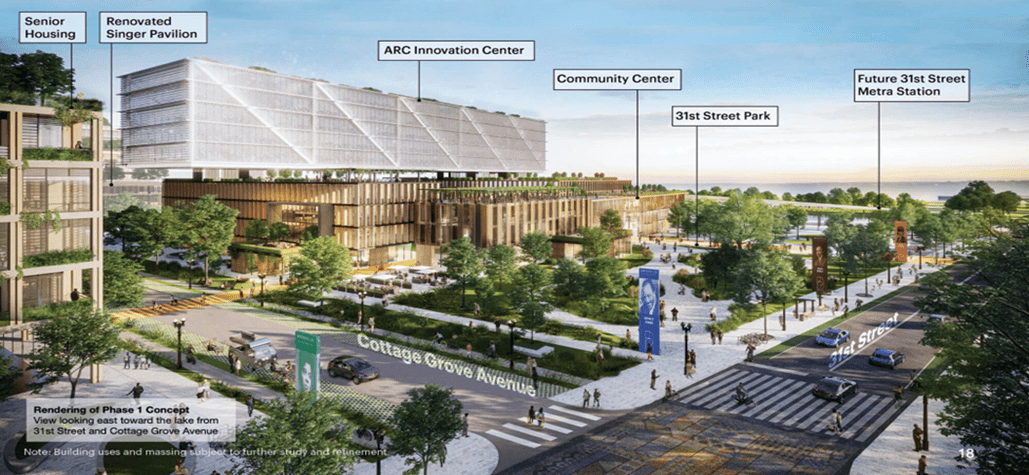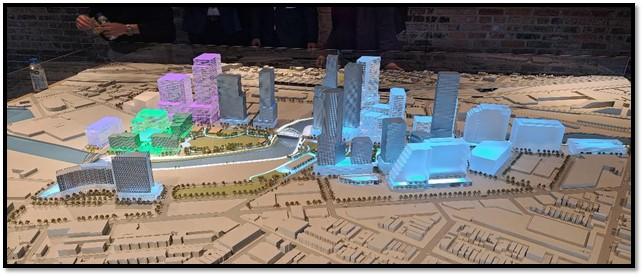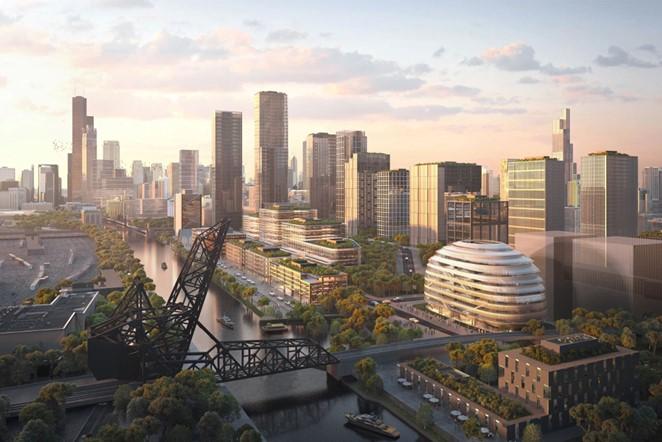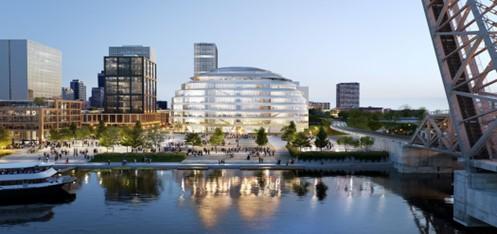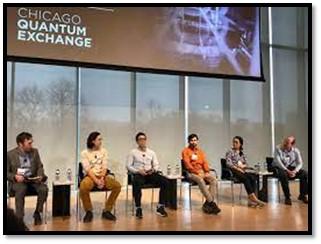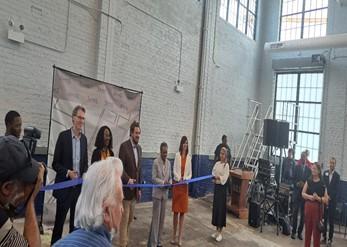I think working at the Illinois Department of Commerce and Community Affairs (DCCA), the old name of the State of Illinois’ primary economic development agency, has made me a zealot in promoting Illinois and the City of Chicago as a place to visit, invest in and live. One of my sore spots has been when a pundit dismisses us as a tech hub. But I think it depends on how you define tech. Is it just software and hardware development? Is it just making and developing products and services for everyday consumers?
Outsider perceptions seemed to shift in 2012 when the 1871 tech incubator brought new life to the Merchandise Mart in downtown Chicago. For some reason, the existence of Motorola, Fermi Lab, Grub Hub, and Argonne National Laboratory didn’t do that. I started to realize something else was going on in the life sciences sector when the MATTER med tech incubator opened in 2015 on the same floor as 1871.
We already had the Illinois Medical District (IMD), a campus of outstanding hospitals conducting major clinical research activities that is also situated to house private-sector companies and other institutions involved in medical/clinical research. Now, the IMD has a new strategic goal of making the IMD an ideal place for medical, public health and med/tech professionals and students to live and recreate, a new and needed trend in Chicago.
The Illinois Medical District
My eyes really opened up recently because of the announcement of some potentially game-changing developments. Since 2009, the site of the old Michael Reese Hospital in the Bronzeville neighborhood has been dormant. The proposed Arc Innovation Center, the centerpiece of the $3.8 billion health-focused Bronzeville Lakefront development, is going to change that.
Michael Reese Hospital site – Arc innovation Center
In reference to the project, Illinois Governor J.B. Pritzker said, “I am deeply grateful to Kaleidoscope Health Ventures, Sheba Medical Center, the ARC Innovation Complex, and Farpoint Development for coming together to spur this innovation here in Illinois and bringing more collaborative health innovation, life sciences development and transformative equitable healthcare models to our state.”
Another potential game-changer is the Lincoln Yards development which has a North Branch Industrial Corridor footprint that will include the Lincoln Park and West Town neighborhoods. Lincoln Yards will have residential and other commercial components in addition to being a home for life sciences companies.
Still another major development, actually two, are The 78 and the Discovery Partners Institute (DPI). Named The 78 to distinguish it as Chicago’s 78th official neighborhood, it will be a 62-acre, $7 billion mixed-use project that will run along the South Branch of the Chicago River in the Near South Side community area. The project will include up to 13 million square feet of new commercial, residential, and institutional facilities.
The 78
Located within The 78 will be an Innovation District anchored by the Discovery Partners Institute (DPI), a $250 million University of Illinois led advanced research and innovation center. DPI will be an eight-story, domed structure with more than 200,000 square feet of office, classroom, lab, and event space, according to a statement released by Illinois state government and university officials. DPI is part of a plan, funded by $500 million from the State of Illinois, to create an innovation network at regional universities throughout the state.
The Discovery Partners Institute in The 78 Innovation District
Those developments are immediate, but the State of Illinois and the City of Chicago are playing the “long game” on becoming a life sciences hub with investments in areas like quantum computing personified by the Chicago Quantum Exchange which includes the Argonne National Laboratory, Fermilab, Northwestern University and the University of Chicago.
Chicago Quantum Exchange
To show how “baked in” this is going to be for Chicago and Illinois, one of the first tenants at The Terminal, a new tech incubator in the Humboldt Park neighborhood, is a company called EEROQ that took advantage of new State of Illinois incentives to attract quantum technology companies.
EEROQ opening at The Terminal Incubator
This article is merely a snapshot of what I hope is just the start of a number of contributions from people who are “on the ground floors and the board rooms” of advancing the Chicago metropolitan area as a life sciences innovation hub that will be posted in the Growth & Knowledge section of www.FoxgloveAlliance.org and on the FGA’s LinkedIn page.
And by the way, if you haven’t figured it out yet, the answer to the question posed in the title of this article as to whether Chicago is becoming a life sciences innovation hub is NO. It already is, but it is going to be even more vibrant and dynamic very soon.
XXX
By Levi Moore – Foxglove Alliance Coordinator
